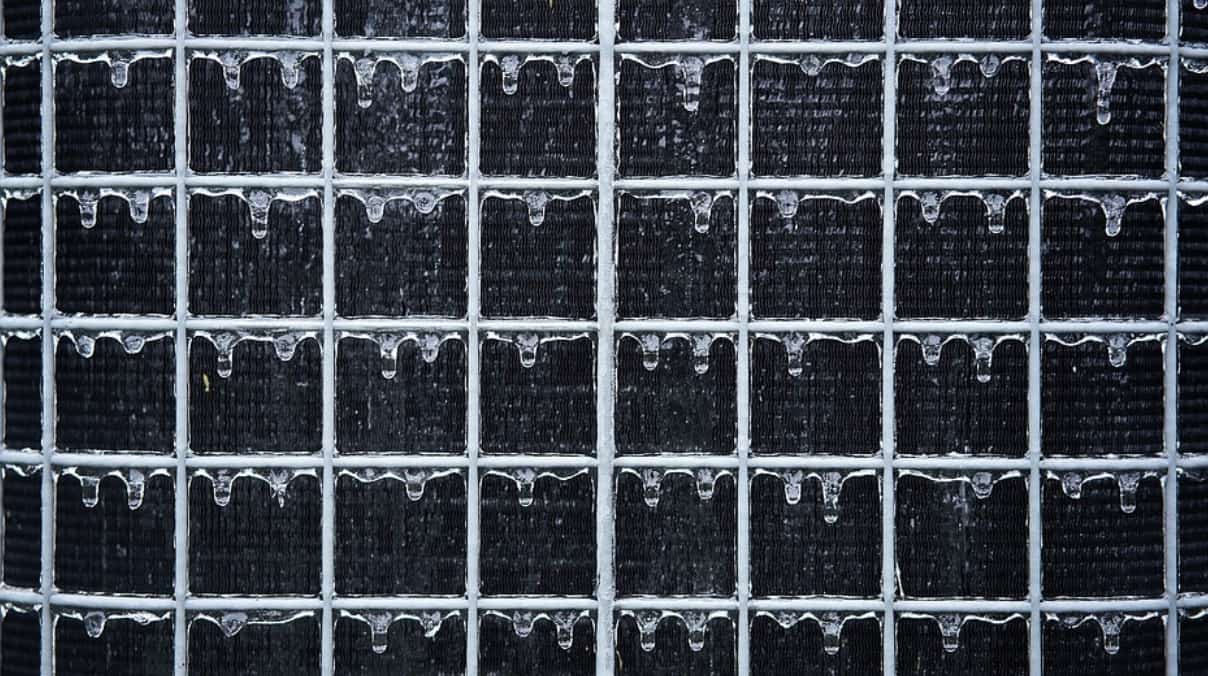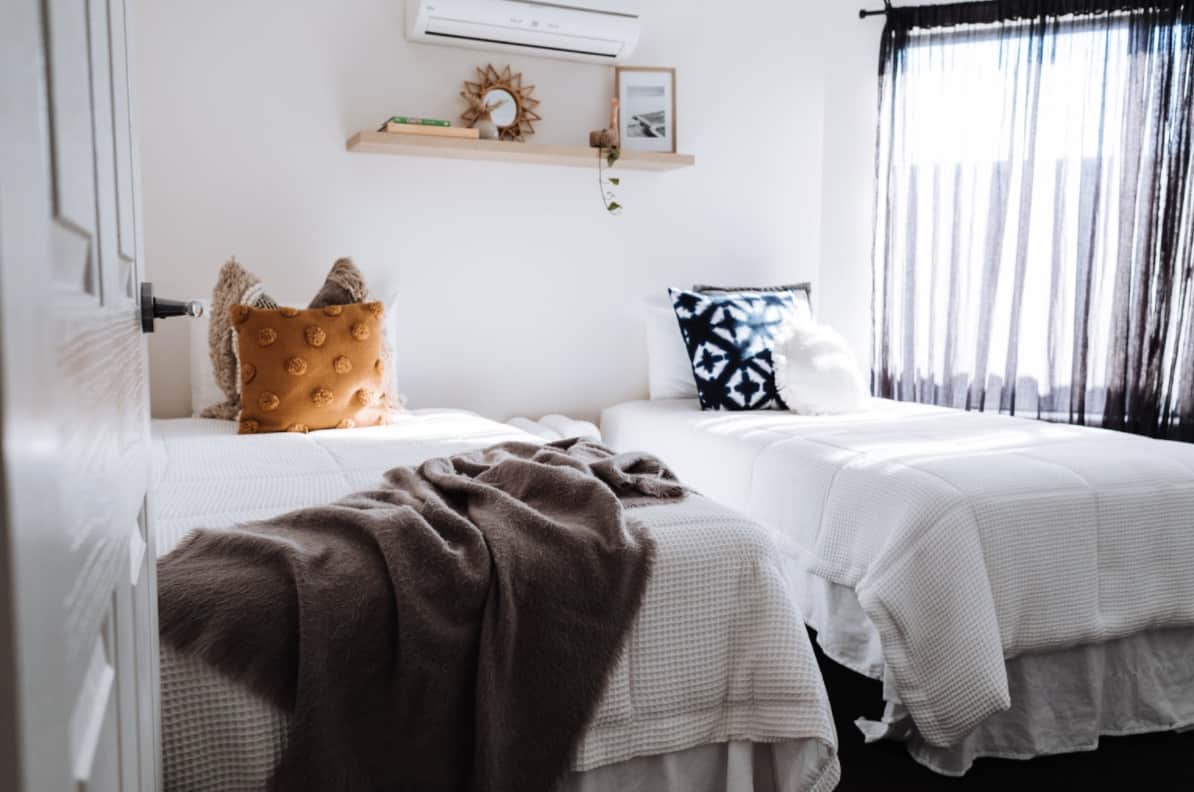Air filters are quiet sufferers, and they are not thought of simply because they are rarely damaged or make noises. Yet, they are an essential part of the HVAC system, not only to help keep your equipment clean and debris-free but also to keep the indoor air clean by absorbing particles such as dust, pollen, and animal dander.
Just like every other filter, they are required to be changed regularly, in the space of 1-3 months. Spring is a common time for replacement because of long weeks of winter weather, closed homes, and recirculated air containing much dust and debris.
Chapter Overview
Getting The Right Filter
Various equipment requires different types of filters, and certain types of air filters serve different purposes. Shown below are some of them.
Lower Cost Air Filters
Washable Filters: As their name implies, they can simply be washed and be reused. This is considered to be their common advantage. However, these filters have a lower Minimum Efficiency Reporting Value (MERV) rating because they were designed to protect equipment from large dust particles, but no animal danders, bacteria, or smoke. If they are not properly maintained, they might end up accumulating fungi and bacteria.
Fiberglass Filters: These filters cannot be reused, but they are affordable and easy to replace. They have lower MERV ratings and are made more to keep your air conditioner cleaner than your indoor air.
High-Performance Air Filters
Pleated And Polyester Filters: These filters are a bit similar to fiberglass filters, but the difference is that they have a higher MERV rating. As fiberglass filters only remove less than 10% of indoor dust particles, polyester filters remove up to 85%. They are best in absorbing dust particles.
HEPA Filters: These filters are the most expensive because they absorb over 99% of pollutants in the air and are best for people with severe allergies or in hospitals. There is a downside that comes with these types of filters, and they can restrict the airflow and damage your resident’s HVAC system.
Purchasing a brand new filter or simply replacing one already in use is an essential part of your regular maintenance routine. You should endeavor to replace your filter at least every 1-3 months of being in use to ensure optimum performance. A clean and pure air filter will eliminate excessive dust and particles from circulating throughout your home.
Check The Manufacturers Guidelines
The manufacturer’s instructions of the filters display vital information concerning the type of filter that is best for your system. The filter size is a basic thing to consider, and this is one feature that cannot be adjusted. Ensure that you are purchasing a filter that is the exact measurement of your system to have the proper safety and efficiency.
Analyze The MERV Rating
The MERV ratings of filters tell you how efficient those filters are at getting rid of particles from the air. The higher the ratings, the more effective removal of particles from your air. Filters with ratings between 1 and 4 get rid of 60%-80% of airborne particles. With a MERV rating of 5-8, this increases its effectiveness to 80%-95%. Filters with ratings from 9-12 get rid of 90%-98% of airborne particles.

While a greater rating from filters increases their capabilities to get rid of dust and other particles, it alongside reduces your system’s energy capacity. Your furnace and air conditioner need to work effectively to pull air through a filter, so it is very necessary to find the correct balance. Many homeowners are better off with a MERV rating of 7-8.
Compare Disposable And Reusable Filters
It is considered that disposable air filters are the most convenient and safe options for various homeowners. When it is time for an air filter to be replaced, you can easily throw the old filter away and slot it in a new and clean one. Reusable or washable filters are more expensive but are made to serve their purpose for a couple of years. You are required to remove and clean these filters at least once a month for effective performance.
To filter the most out of your indoor air, we suggest you buy a quality air filter of your choice. A MERV 11 filter gets rid of smoke particles in addition to other particles it gets rid of, such as pollen, mold spores, and dust particles. A MERV 13 filter removes bacteria and other viruses from your air. If you make use of air filters above MERV 13, you should have a heating and cooling professional to analyze your system’s efficiency. Ensuring a healthy and pollutant-free home may seem impossible, but it is possible, and experts are available to offer their help.

